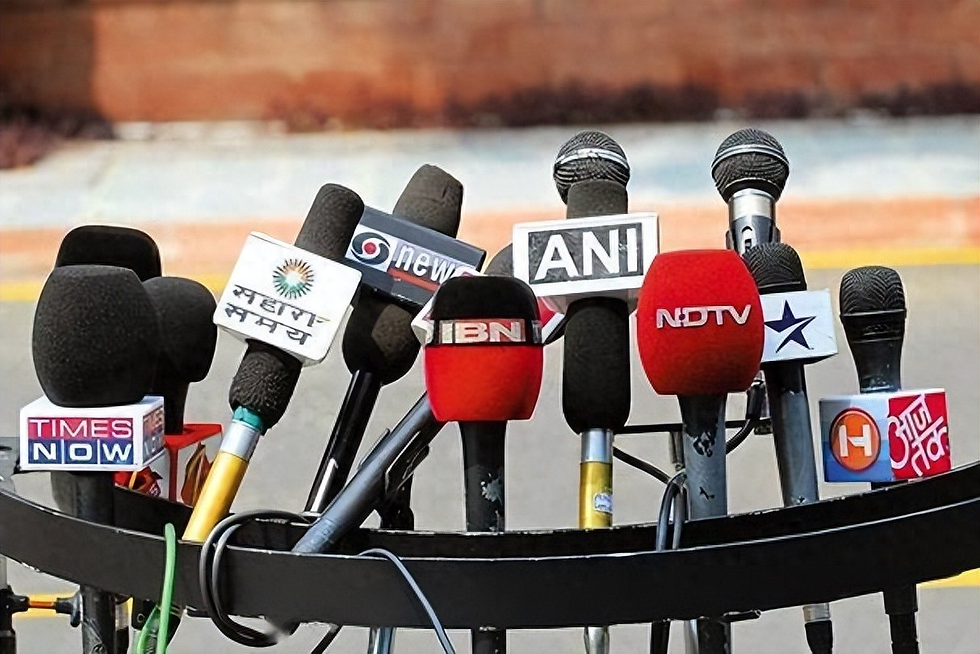In international politics, leaders' schedules are carefully planned,Indian Prime Minister Modi.
- CosDream News

- Jul 1, 2024
- 2 min read
Here is the complete translation of the text into English:
The story of Prime Minister Modi and Foreign Minister Jaishankar's diplomatic relay is not just a test of India's domestic and foreign politics, but also a crucial moment to showcase leadership and crisis management capabilities.
The challenges they face stem not only from adjusting schedules but also from effectively representing India on the international stage, safeguarding the country's strategic interests and image.
Firstly, Prime Minister Modi stayed back to handle parliamentary affairs domestically, which signifies not just a schedule adjustment but also a deep responsibility for domestic politics and governance.
India's parliamentary session, starting from June 24th, marks the first significant assembly since the elections.
During this period, Modi and his government team must face scrutiny and challenges from all sides while also showcasing their achievements during their tenure and outlining their future policy visions.
In particular, President Drupadi Murmu's speech is seen as a summary of the government's policies and outlook before the nation, directly influencing India's future development direction and national image.
In this context, Modi's decision to stay back domestically not only aligns with national interests but also demonstrates a leader's decision-making ability and sense of responsibility in critical times.
He chose to forego the opportunity to attend the SCO Summit in Kazakhstan and instead personally oversee important domestic affairs, showcasing precise grasp of domestic and international political balance and efficient crisis management capabilities.
Meanwhile, Indian Foreign Minister Jaishankar undertook responsibilities on the international stage.
As a key member of the Modi government and an experienced diplomat, he needed to prepare thoroughly in a short time to effectively represent India in crucial discussions and decisions at the SCO Summit.
The challenges he faced included not only interactions with other world leaders but also advocating India's positions and interests on regional security, economic cooperation, and other issues.
In the absence of the Prime Minister, Jaishankar had to ensure that India's voice was not overlooked at this important summit, securing more strategic space and international support for the country.
Moreover, the issues addressed at the SCO Summit themselves pose a significant test for India's foreign policy.
Apart from bilateral talks between Turkey and Russia, there are urgent issues concerning Ukraine, the Black Sea situation, and others.
These topics not only impact regional stability and development but also directly relate to India's role and influence in global affairs.
Jaishankar needed to use his diplomatic skills and strategic vision to secure the maximum benefits and influence for India on these critical issues.
Therefore, the political relay between Modi and Jaishankar is not just a reflection of leadership and decision-making wisdom but also an important demonstration of India's rising status as a global power on the international stage.
Their actions not only affect India's domestic political landscape but also determine the country's reputation and influence in the international community.
This political relay race is not just a test in facing challenges but also a moment to showcase the steadfast determination and capabilities of the united, agile, and comprehensive development-oriented Indian government team to the world.










Comments